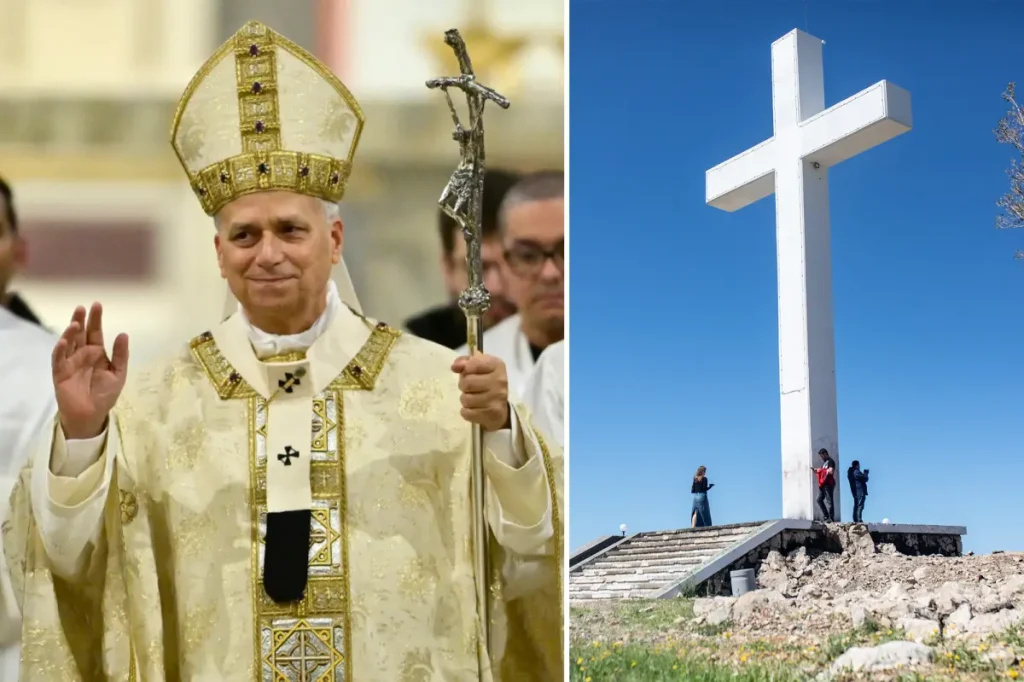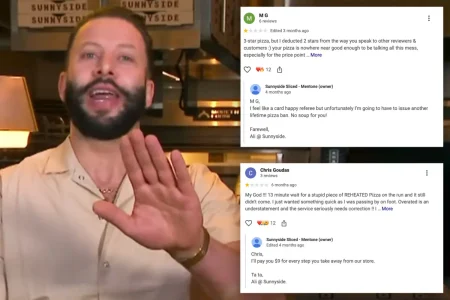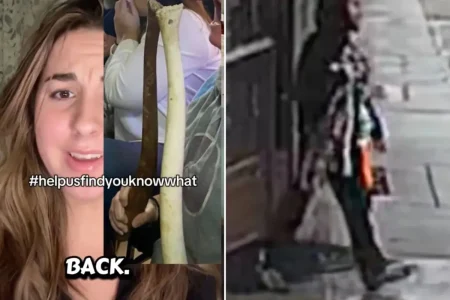Vatican Declares Dozulé Appearances of Jesus Not Supernatural
In a significant determination for the Catholic faithful, the Vatican has officially declared that the reported appearances of Jesus Christ in the small French town of Dozulé were not supernatural in origin. This definitive ruling, approved by Pope Leo XIV, brings clarity to decades of speculation surrounding one of France’s most discussed religious phenomena of the late 20th century.
The story began in the 1970s when Madeleine Aumont, a Catholic mother from Dozulé in Normandy, claimed to have encountered Jesus Christ in a series of 49 separate appearances. According to Aumont’s testimony, these divine encounters came with specific instructions: she was to oversee the construction of an immense illuminated cross, standing over 2,000 feet tall, in the quiet Norman town. This “Glorious Cross of Dozulé” became the centerpiece of devotion for those who believed in Aumont’s visions, though a much smaller version currently stands in the town as a memorial to these claimed apparitions. Dozulé itself is a modest community in northern France’s Normandy region, home to just 2,279 residents as of 2022, yet it attracted considerable attention from spiritual seekers drawn to these reported miraculous events.
The Vatican’s declaration on Dozulé, issued through its doctrinal office with papal approval, states unequivocally: “The phenomenon of the alleged apparitions… is to be regarded, definitively, as not supernatural in origin, with all the consequences that flow from this determination.” In a particularly poignant passage that seems to address the heart of the matter, the statement adds, “The Cross does not need 738 meters of steel or concrete to be recognized: It is raised every time a heart, moved by grace, opens itself to forgiveness.” This language suggests the Church is gently redirecting devotion away from physical manifestations and spectacular claims toward the more fundamental spiritual principles of Christianity.
According to Father Patrick Mary Briscoe, a Dominican friar based in Rome, the Dozulé messages generated curiosity in certain Catholic circles but were “never embraced by the wider Church.” He notes this may be because “the Church plainly teaches that the cross of Christ is the summit of revelation,” suggesting that no additional revelations about the cross would be necessary for the faithful. Father Briscoe interprets the Vatican’s decision as “a reminder that our hope isn’t in private revelations or sensational claims, but in the power of the sacraments and the truth of the Gospel.” This perspective emphasizes the Church’s focus on its established theological foundations rather than on reports of extraordinary supernatural events.
The Vatican’s careful investigation and ruling on Dozulé demonstrates the Catholic Church’s approach to reported supernatural phenomena – a process characterized by thoroughness and prudence. Father Briscoe explains that the papal approval of this declaration reflects “how seriously the church takes discernment in spiritual matters – not to suppress faith, but to purify it.” This process ensures that Catholic faith remains anchored in truth rather than emotion or speculation. The Church’s discernment process serves a protective function, guarding believers from potential confusion or misdirected devotion. “The Vatican’s discernment here safeguards authentic devotion. This is about protecting believers from confusion,” Briscoe emphasized.
Father Briscoe also observes that Pope Leo XIV appears particularly attentive to contemporary issues facing believers in the modern world. “It’s clear that Pope Leo intends to speak directly to our scientific age,” he noted, pointing to the pontiff’s recent statements addressing issues like compulsive gambling and internet addiction as evidence of his engagement with “pressing issues” of our time. This ruling on Dozulé can thus be seen as part of a broader effort to provide doctrinal clarity that “helps protect Christian teaching from superstition and excess.” Rather than dismissing spiritual devotion entirely, the Vatican’s decision aims to keep the focus where Catholic teaching suggests it belongs – on Christ himself and the established teachings of the Church, rather than on extraordinary claims requiring massive physical monuments.
The Dozulé ruling represents a balancing act for Church authorities – acknowledging the sincere faith of those drawn to such phenomena while ensuring that Catholic devotion remains rooted in its core teachings. “The Vatican isn’t closing the door on devotion,” Father Briscoe concluded. “Instead, Pope Leo is keeping the focus where it belongs – on Christ.” This gentle redirection invites the faithful to find the divine not necessarily in dramatic manifestations or enormous structures, but in the quieter, more personal experiences of grace, forgiveness, and faith that have defined Christianity since its earliest days.















